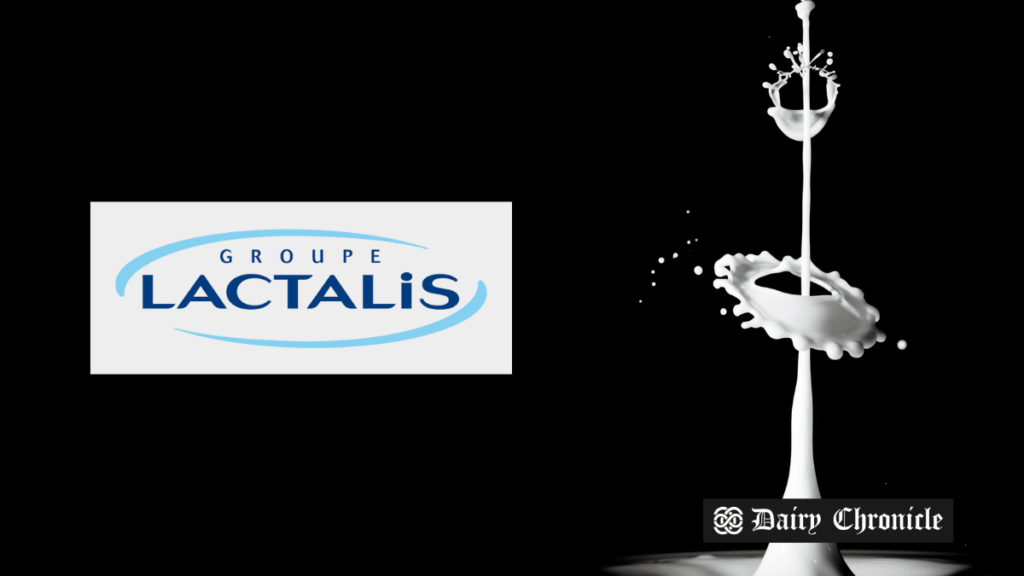Lactalis, the world’s largest dairy company, plans to cut 450 million liters from its milk intake in France, impacting hundreds of farmers. The company’s shift toward higher-margin consumer products like cheese and yogurt has sparked backlash from farmers across Europe. The cuts are a response to global market pressures, including competition and declining demand, particularly from China. As Lactalis repositions itself, uncertainty grows for dairy farmers facing contract terminations and a challenging market.
Lactalis, the world’s largest dairy company in northwest France, has announced plans to reduce its annual milk intake by 450 million liters, which represents nearly 9% of its total milk pool of 5.1 billion liters in France. This significant cut comes as part of a strategic shift for the company, which is focusing more on profitable consumer products like cheese and yogurt, while stepping away from bulk commodities such as non-fat dry milk (NFDM).
The decision has sparked concerns across Europe, particularly among dairy farmers who are now facing uncertainty about their contracts with the company. Lactalis has already notified 12 farmers in Scotland that they must find new processors within a year. In France, 270 farmers will have their contracts terminated by 2026, while others will have until 2030 to secure alternative buyers. These cuts predominantly affect farms in regions with lower supplier density, where milk collection costs are higher.
Despite Lactalis’s growth, including surpassing $30 billion in annual revenue in 2023, its decision to reduce milk intake has drawn criticism. The Union of French Dairy Farmers (FNPL) and the National Farmers’ Organization (FNSEA) have condemned the cuts as “unacceptable” and a betrayal of trust. Lactalis, which operates 270 production sites across 51 countries, has argued that reducing bulk commodity production will ultimately lead to higher farm gate prices for milk in France. However, this reasoning has failed to ease the concerns of farmers who feel the company is prioritizing profits over their livelihoods.
Lactalis’s move is also reflective of broader trends in the global dairy market, where intense competition, particularly from countries like New Zealand, and a decline in demand from China have led to a reduction in bulk ingredient production. The European Union’s milk processors, facing similar pressures, are expected to cut their production of NFDM by 4% in 2025.
In the UK, the impact of the decision is particularly evident in Scotland, where Lactalis is reviewing its milk supply in southwest Scotland, affecting the 12 dairy farmers who supply the Stranraer facility. The move comes as Tesco is also scaling back its Scottish milk suppliers, leading to further uncertainty for farmers who are now questioning the stability of their contracts in a volatile market. NFU Scotland Vice-President Andrew Connon expressed concern over the lack of clarity surrounding the cuts, questioning how farmers could continue to invest in their operations when faced with such uncertainty.
As the situation develops, farmers, industry experts, and stakeholders will be closely watching how Lactalis navigates these challenges and whether it can maintain its position as a leader in the global dairy industry while balancing the needs of its suppliers and the pressures of the competitive market.



